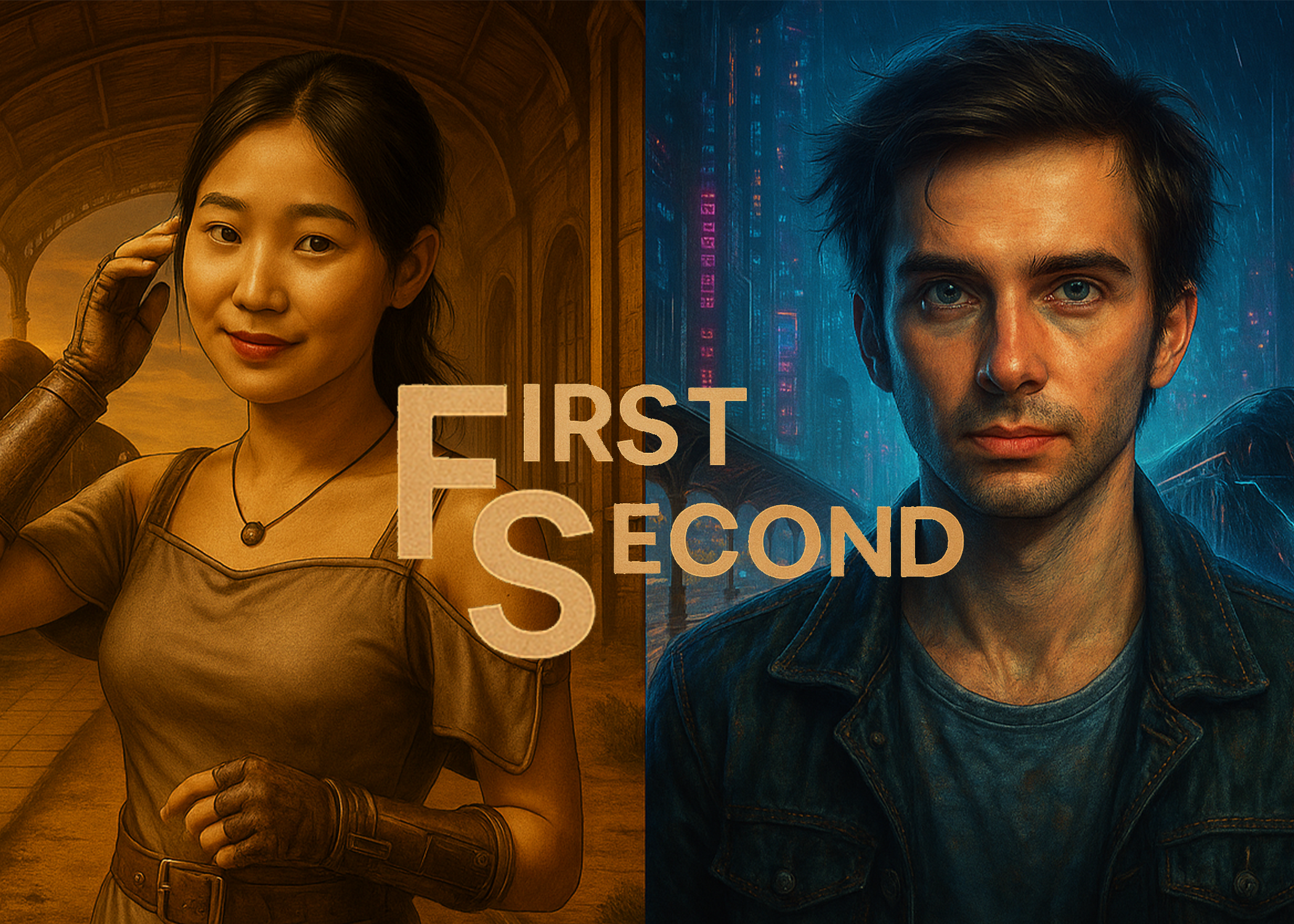
Amaurea
Creative Productions
A New Dawn for Global Storytelling
Amaurea is an independent creative studio, founded in London in 2020 and expanded to Beijing in 2025.
We bring together writers, filmmakers and artists from around the world to create work that bridges languages, cultures and disciplines. Our aim is to make books, films and designs that speak across borders and generations – where originality of content is matched by beauty of form.
Working in close partnership with our creative collaborators, we guide each project from its first spark through design, publication, translation and distribution. And when a book is published, our work doesn’t stop there. We continue to find new ways to tell its story, bringing it to life through visual and cross-media projects that reach new audiences and invite fresh encounters with the work.
Every creation is a unique journey, shaped to bring out the best of every story we tell.

New Stories
At Amaurea, we believe that the world will be a better place when there are no barriers to storytelling. That is why we are fully committed to providing tailored creative services, fully bringing out your creative spirit. So, what are you waiting for?
Tell your story with Amaurea!
Our Services
1. Publishing & Editing
Manuscript editing, translation, and development
Book design, typesetting, and multilingual publishing
Collaborative storytelling and literary curation across cultures
2. Film & Videography
Short films, documentaries, and artist profiles
Trailers, promotional videos, and visual storytelling
Multilingual scripts, subtitles, and culturally sensitive production
3. Design & Communication
Graphic design and brand identity for creative projects
Bilingual poster design, covers, and marketing materials
Cross-cultural campaigns, cinema exhibition and festival curation

Contact Us
Have an idea? Want to refine your manuscript? Looking to get a video made? Send us an email and we will discuss how to bring your story into reality, tailored to your unique needs. If we share your vision, we will welcome you to the Amaurea family.
Interested in collaborating? Write to us with:
A short description of your project
What stage it's at
What kind of support you’re looking for
Whether you're seeking partnership or a paid service


















